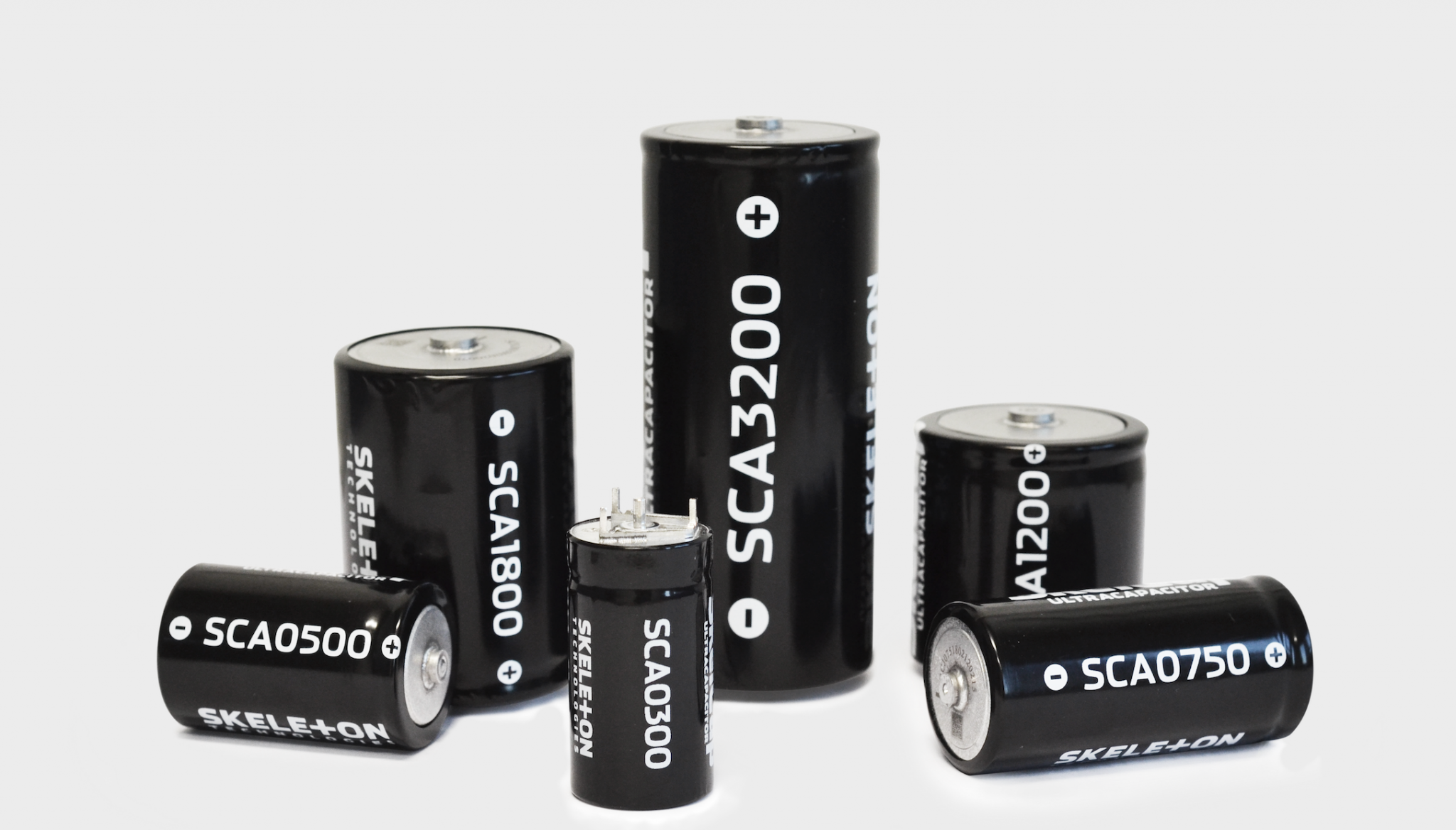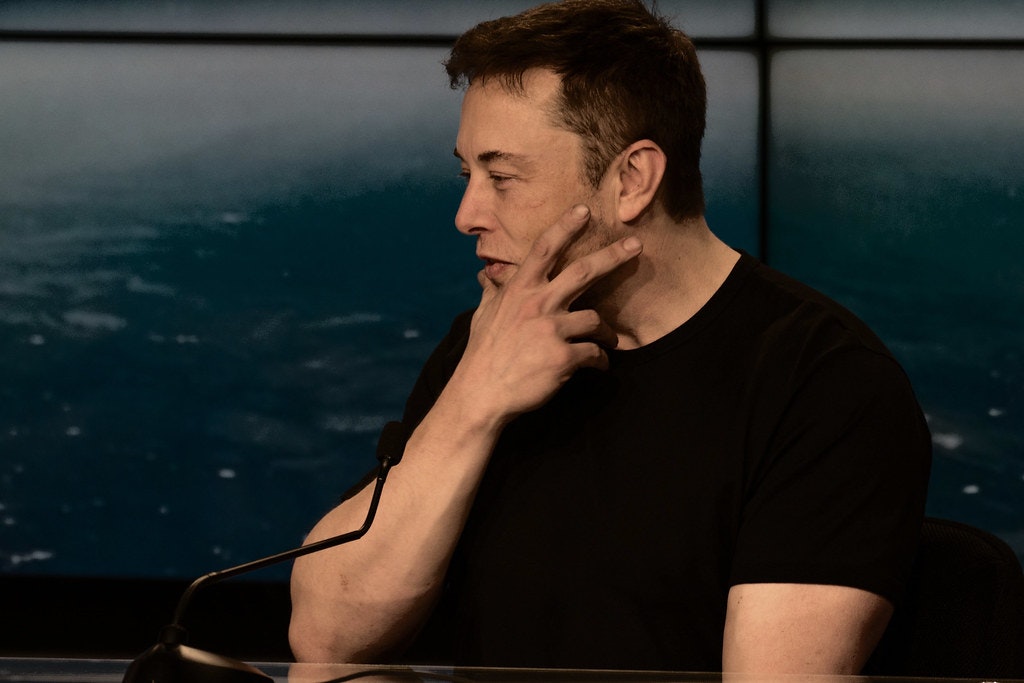Skeleton Technologies, the Estonian startup developing the “SuperBattery” has raised a €41.3m Series D funding round from a group of European industrial investors and entrepreneurs that had helped grow Dutch payments company Adyen.
The investment was a sign of how popular cleantech investments had become, said Taavi Madiberk, founder and chief executive of Skeleton Technologies.
“It is a real change from 4 or 5 years ago. Mainstream investors are finally starting to understand this sector. Now a lot of fintech investors are realising that cleantech is one of the biggest investment opportunities since the internet,” he told Sifted.
Skeleton develops ultracapacitors, a type of energy storage that can be charged quickly and which can release large burst of energy very quickly — ”we’re in the megawatt per second business, not the kilowatt per hour business,” as Madiberk puts it. Ultracapacitors can be used, for example, to help power electric buses — Skeleton recently signed a deal with Northern Ireland’s Wrightbus— or to smooth out peaks and troughs in renewable energy systems.
Recently, the startup has been developing a graphene-based superbattery that combines the rapid charging properties of ultracapacitors with some of the long-term energy features of a battery. Madiberk says the SuperBattery could be used in combination with a lithium-ion battery to make electric cars faster to charge up and cheaper to run.
“We are not competing with lithium-ion batteries and hydrogen fuel cells; we are complementary in improving performance and lowering cost,” he said.
Part of the new funding round is earmarked for developing the SuperBattery. The company is also beefing up its team, with plans to hire at least 45 more staff.
Revenues at the company have tripled every year in the last two years, thanks to a steady stream of contracts with industrial companies.
“Companies are willing to try technologies even when everything isn’t yet perfected,” Madiberk told Sifted. “It’s like it is 1995 and this is the world wide web. If you don’t invest now, it will be hard to catch up.”
The latest fundraise brings the Skeleton’s total capital raised more than €93m.


